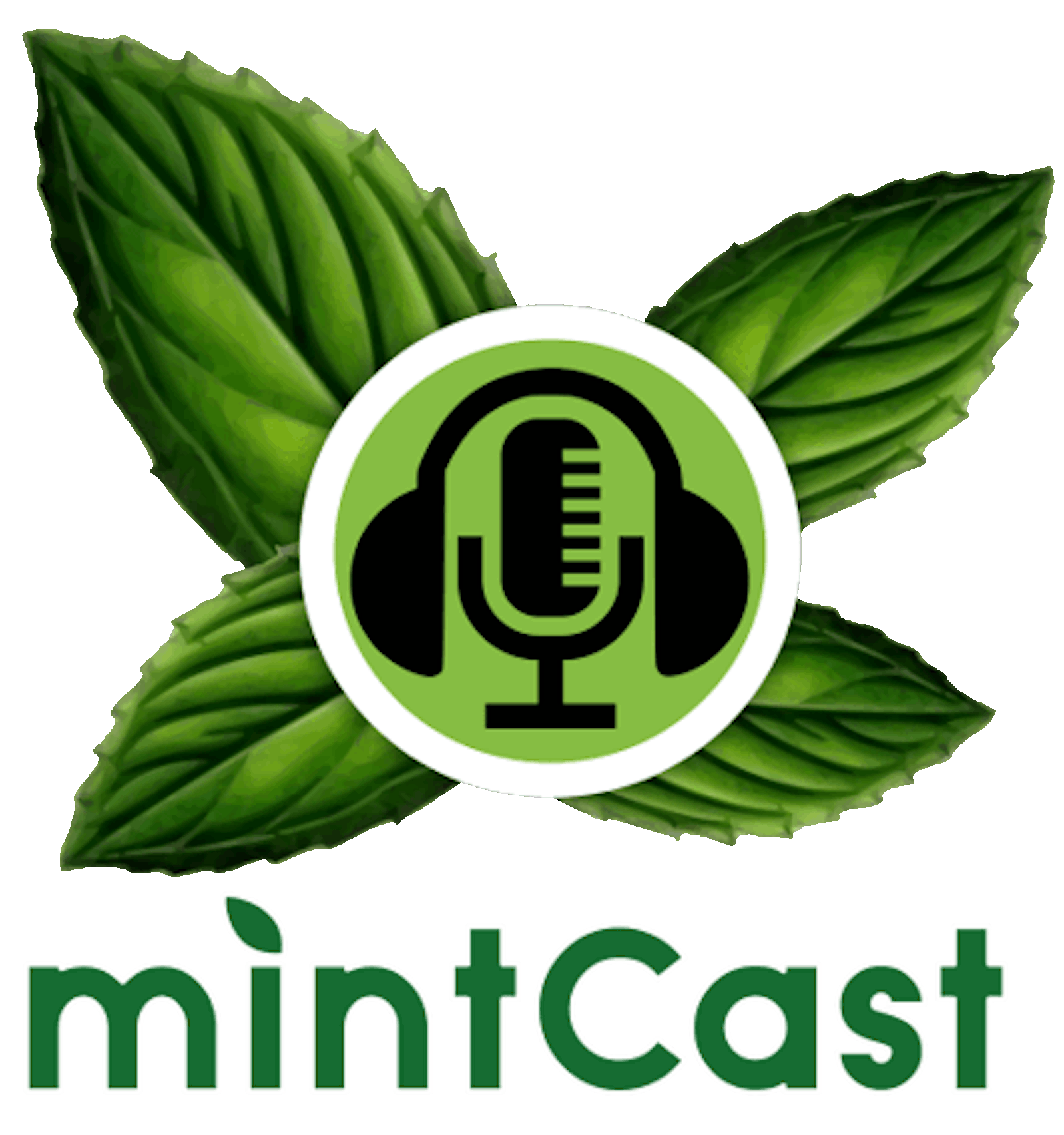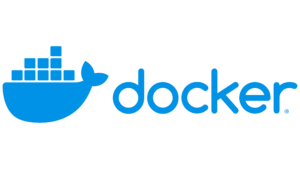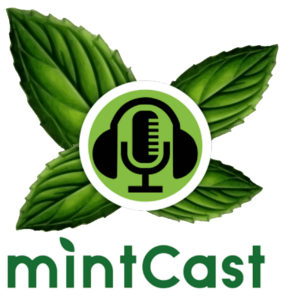mintCast 288 – TrueOS
288]
Bi-weekly Wanderings:
- Isaac’s been recovering from the past couple of weeks and trying to help out more with Linux Mint
- Rob’s been playing Starfinder, traveled to Boston, and working on TrueOS
News:
Linux Innards:
- Rob talks about his experience trying to get TrueOS up and running.
Vibrations from the Ether:
- Contribute to Linux Mint!
- Info about OpenRheinRuhr
Check this out!:
- Rob
- Isaac
- Mindhunter
Pre-Show Music:
- “Yesterday’s Conversation” by Angus Wallace
- “The Red Stone” by Ground & Leaves
Podcast Announcements:
- Send us your bumper or intro or outro music.
- We’ll be back in a month everyone!
More Information:
Hosts: Rob and Isaac
Live Stream every other Sunday 2:00 p.m.(Central): mintcast.org/livestream
Contact Us:
- Forum: forums.linuxmint.com (rarely)
- Email: [email protected]
- Twitter: @mintCast @txhawkins @Linux_Mint
- IRC: irc.spotchat.org – #mintcast
- Google+: mintCast
More Linux Mint info: website, blog, forums, community
Credits:
Podcast Entry and exit music provided by Mark Blasco (podcastthemes.com). Podcast bumpers provided by Oscar.
Podcast: Play in new window | Download
Subscribe: RSS




Another good listen, mates!
One reason I like OpenBSD is precisely because I’m not a computer expert. Its focus on simplicity and clean design mean I can pretty well understand most of the components — or at least I can understand enough to make them do what I want. Linux, by contrast, is perhaps easier to get to a nice graphical environment, but beyond that I am a little afraid to touch anything. SystemD, SELinux, AppArmor, apache — oh my!
If you want to try OpenBSD, here, from off the top of my head, are a few tips that might expedite things a bit:
1. The installer looks intimidating, but it’s actually quite simple. It consists of questions, followed by default values in brackets, and a place for you to enter a value to override the default. Mostly you can just press enter to accept the default (e.g., “Do you plan to use sshd [yes]: “). The only part that will cause trouble is partitioning, but here you can type W to use the whole disk and A to use automatically allocated partitions. Then just mash on the enter key some more.
2. OpenBSD has really good documentation at all levels. There are excellent man pages that you can read at man.openbsd.org, there is an excellent FAQ at https://www.openbsd.org/faq/, and once you install third party software you will often find handy set-up documentation in /usr/local/share/doc/pkg-readmes. For instance, there is a file like /usr/local/share/doc/pkg-readmes/gnome that looks like this: https://cvsweb.openbsd.org/cgi-bin/cvsweb/ports/meta/gnome/pkg/README-main?rev=1.41&content-type=text/x-cvsweb-markup
3. Depending on how you answer the installer’s question about using xenodm to start the X windows system, you will either end up in the ancient fvwm or the system will boot without X. In either case, you probably want to make your first order of business installing something like gnome, xfce, or lumina. Just switch to root (there is no sudo, so use `su -`) and run `pkg_add gnome` or whatever.
But anyhow, whatever BSDs you guys end up looking at (or not), I appreciate your open-minded approach! I’m not a big fan of the animosity between the BSD and GNU/Linux ‘camps.’
I haven’t looked at BSD myself, but I have listened off and on to the BSD Now and Sunday Morning Linux Review podcasts. I am interested to see how you fare on your next attempts. The impression I had from those podcasts was that TrueOS was the Ubuntu/Mint version of BSD — the easiest one to get started with as a workstation (FreeBSD customized for the desktop). The impression I have of FreeBSD is that it is roughly on the level of Debian and then OpenBSD, DragonflyBSD, and NetBSD are like CentOS — people have made desktops work on these but they are really focused more on the network appliance use case (server, router, firewall). Other desktop oriented BSD variants I have heard of are GhostBSD and MidnightBSD. I think Ghost is the one that Mary likes. I see on the GhostBSD website that it was recently decided to rebase the project on top of TrueOS.
I forgot to mention that for a long time the creator of TrueOS was one of the hosts of BSD Now. Also, regarding BSD and Chromebooks, there was another podcast called Garbage (https://garbage.fm/) that you might be interested in. The show had a laid back style where the two hosts would just talk about what software projects they had been working on. They were both interested in BSD and owned Chromebooks. A lot of their projects were writing OpenBSD hardware drivers for their Chromebooks.
TrueOS is changing its focus. Now Trident is the graphical version of FreeBSD: https://www.trueos.org/blog/trueosdownstream/
One other thing I remembered to comment on: I agree with you that the distribution package maintainers are one of the main appeals of Linux for me. However, I have heard some of the Ubuntu people (can’t remember if it was Martin Wimpress, Alan Pope, or Will Cooke) describe snaps as moving the trusted relationship from the distribution maintainer to the software developer. So you should only install snaps from sources you trust.
I haven’t tried a BSD-based desktop OS (yet), but have been using FreeNAS for many years, which is based on FreeBSD. It’s robust and quite stable, in my experience.